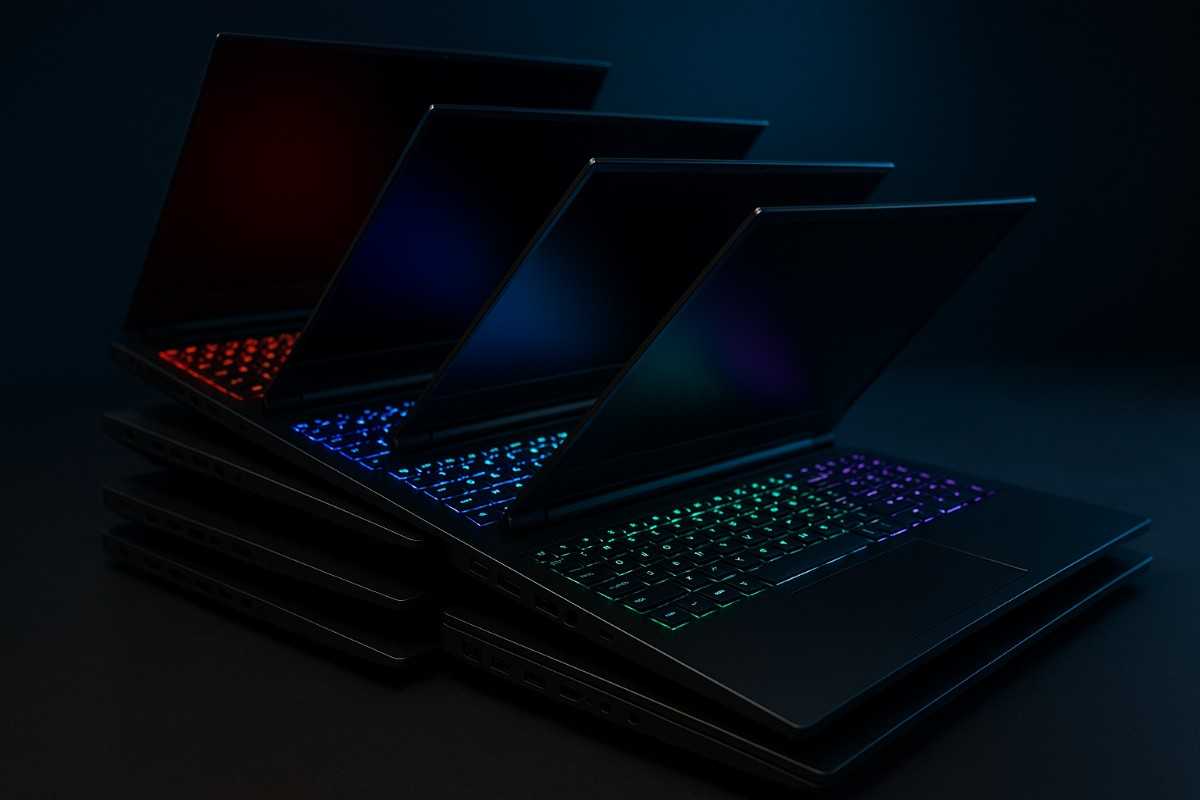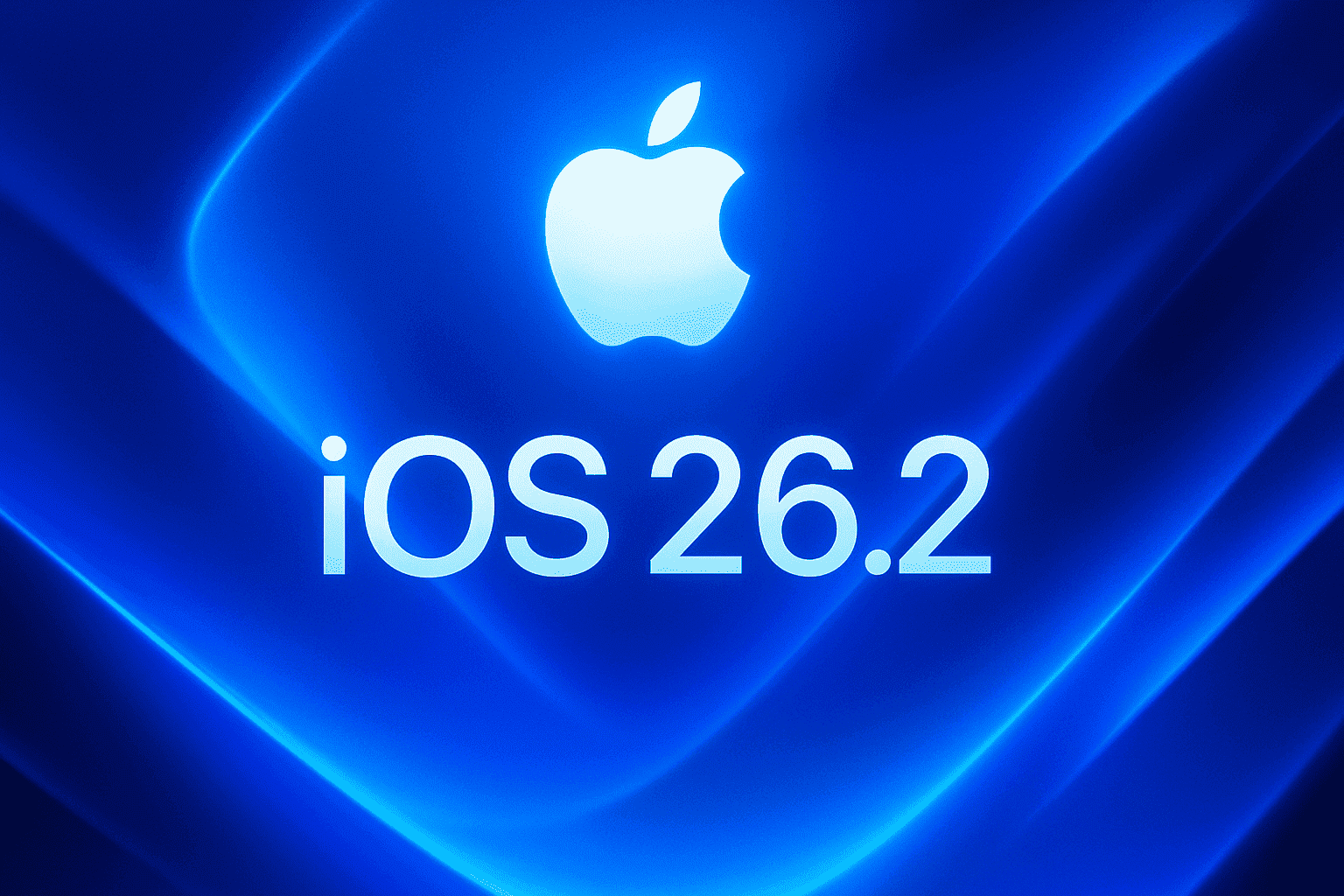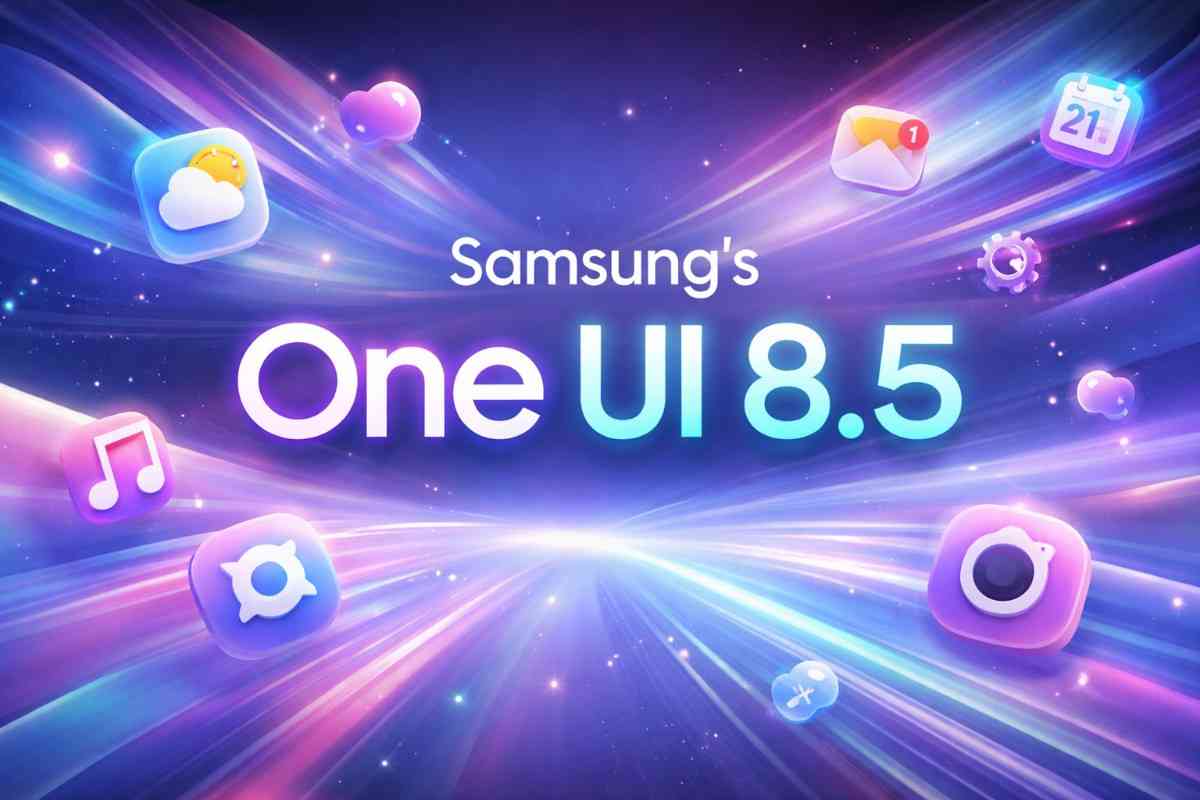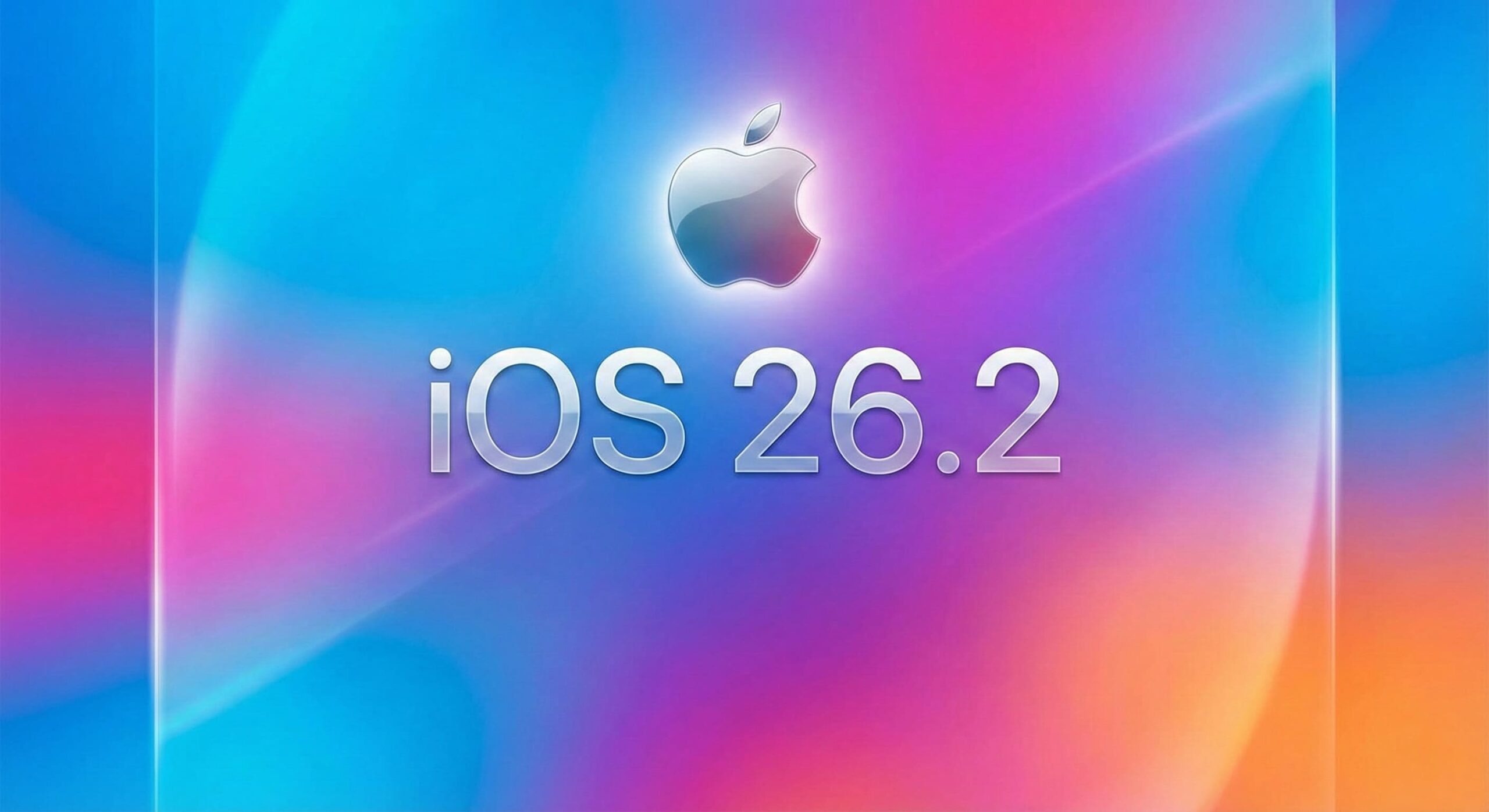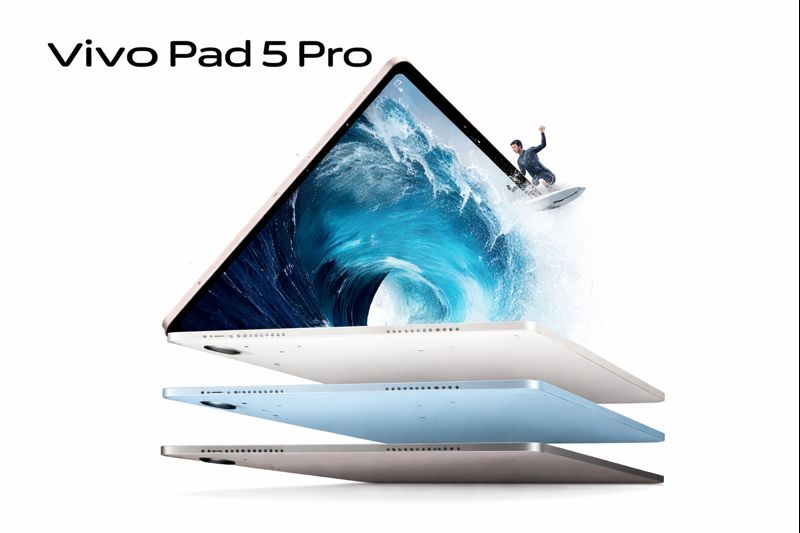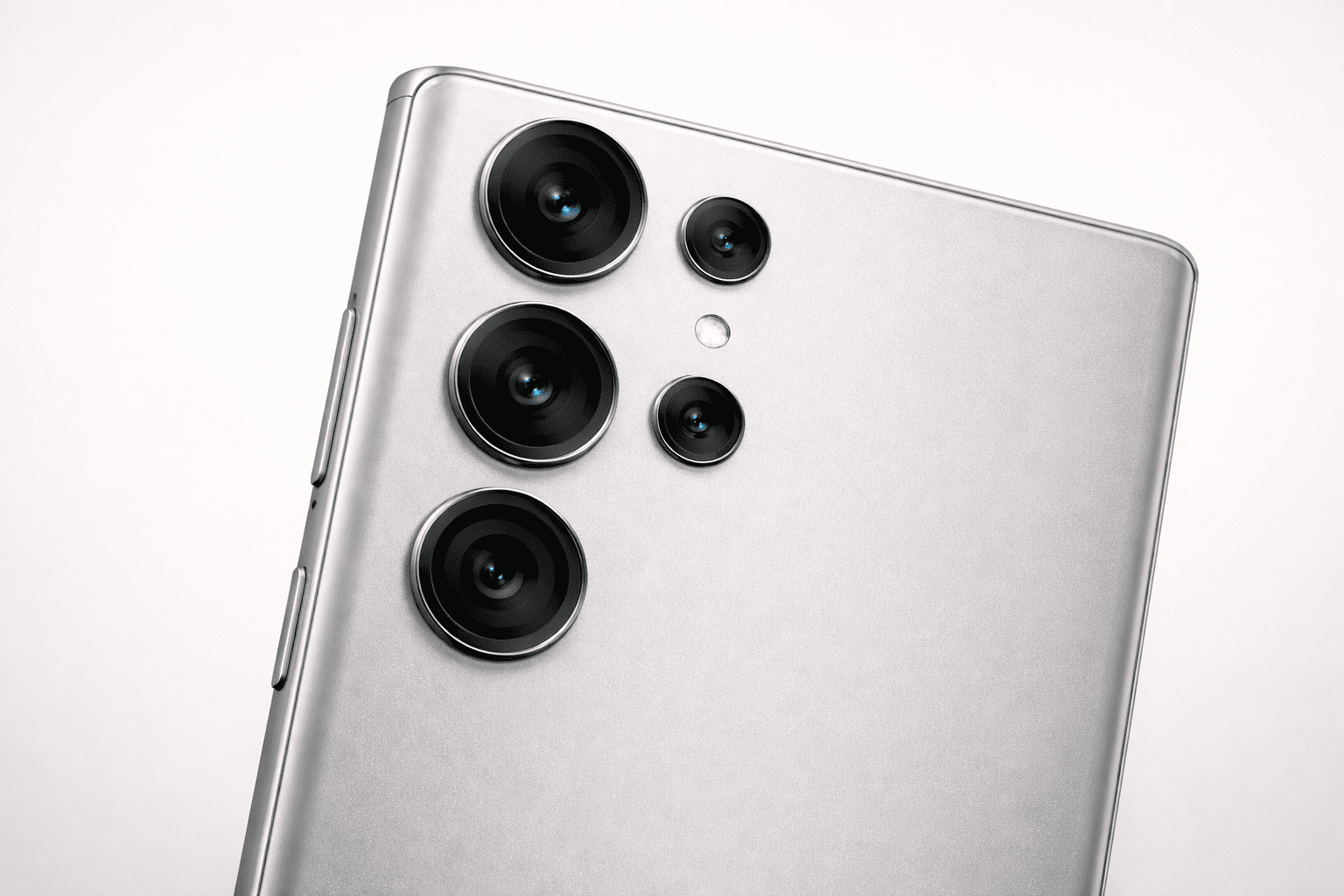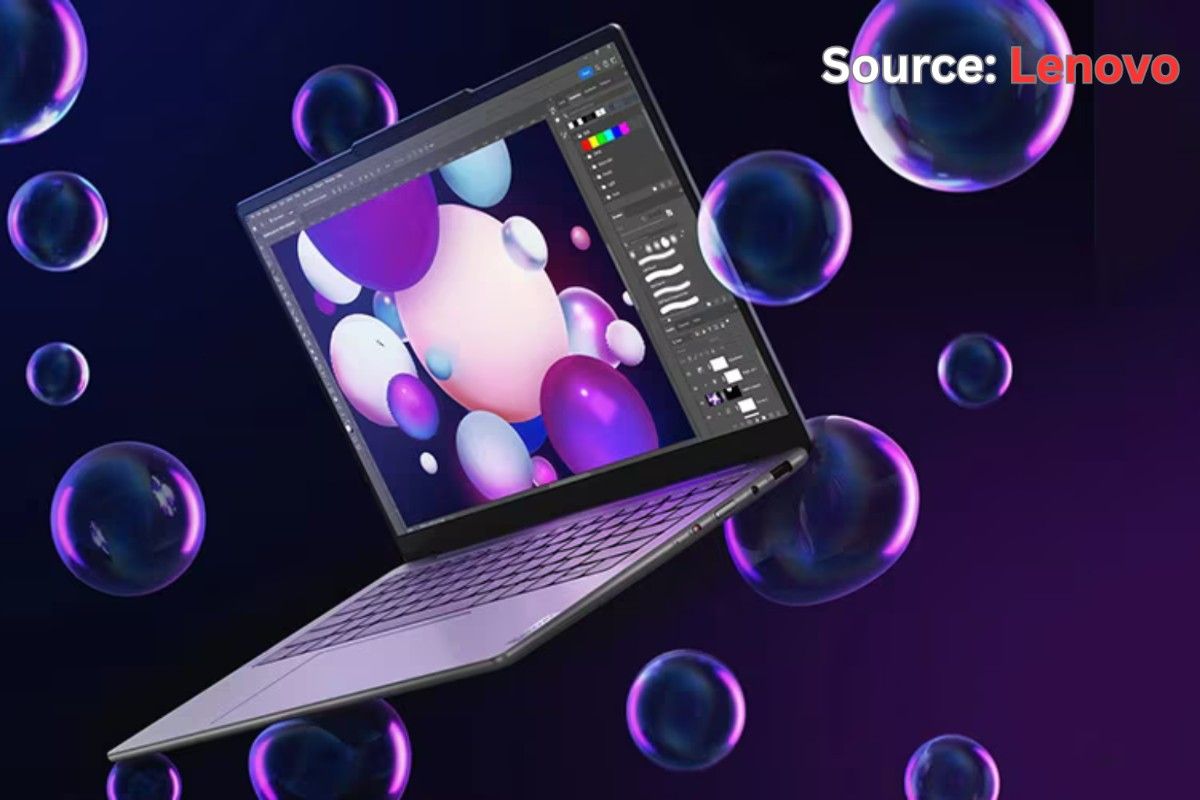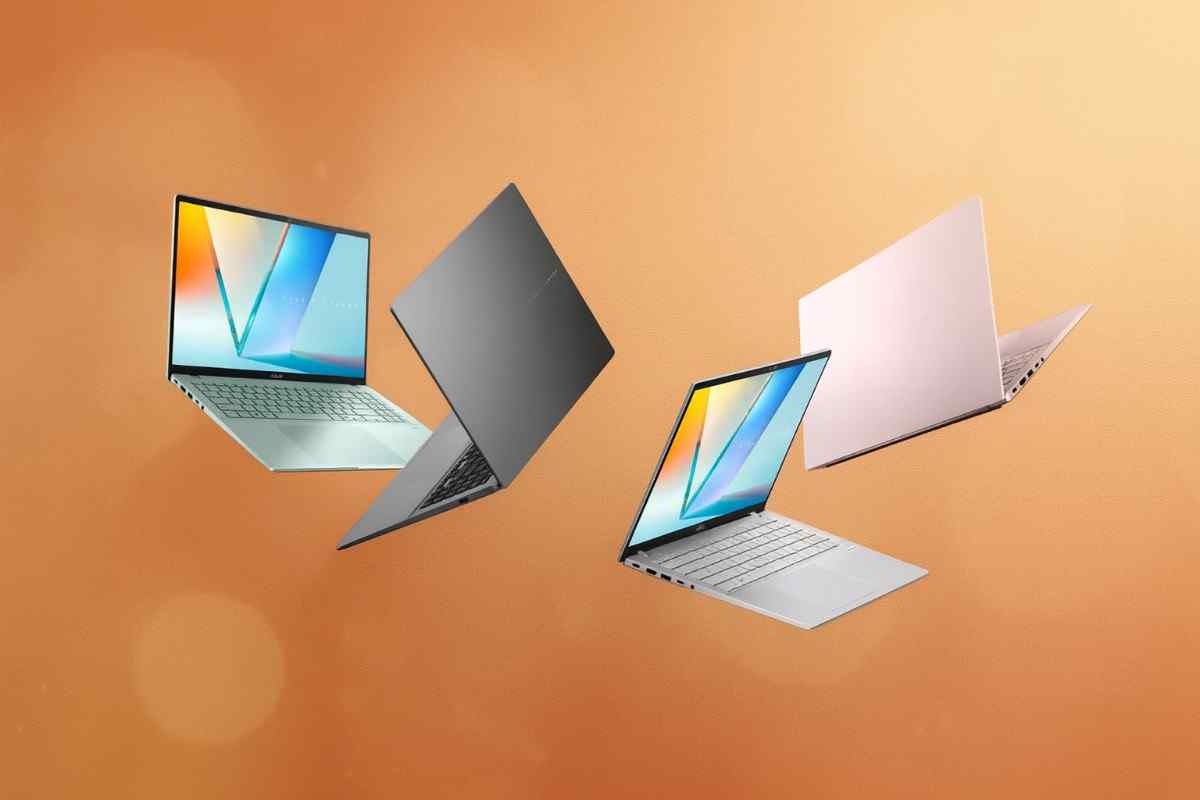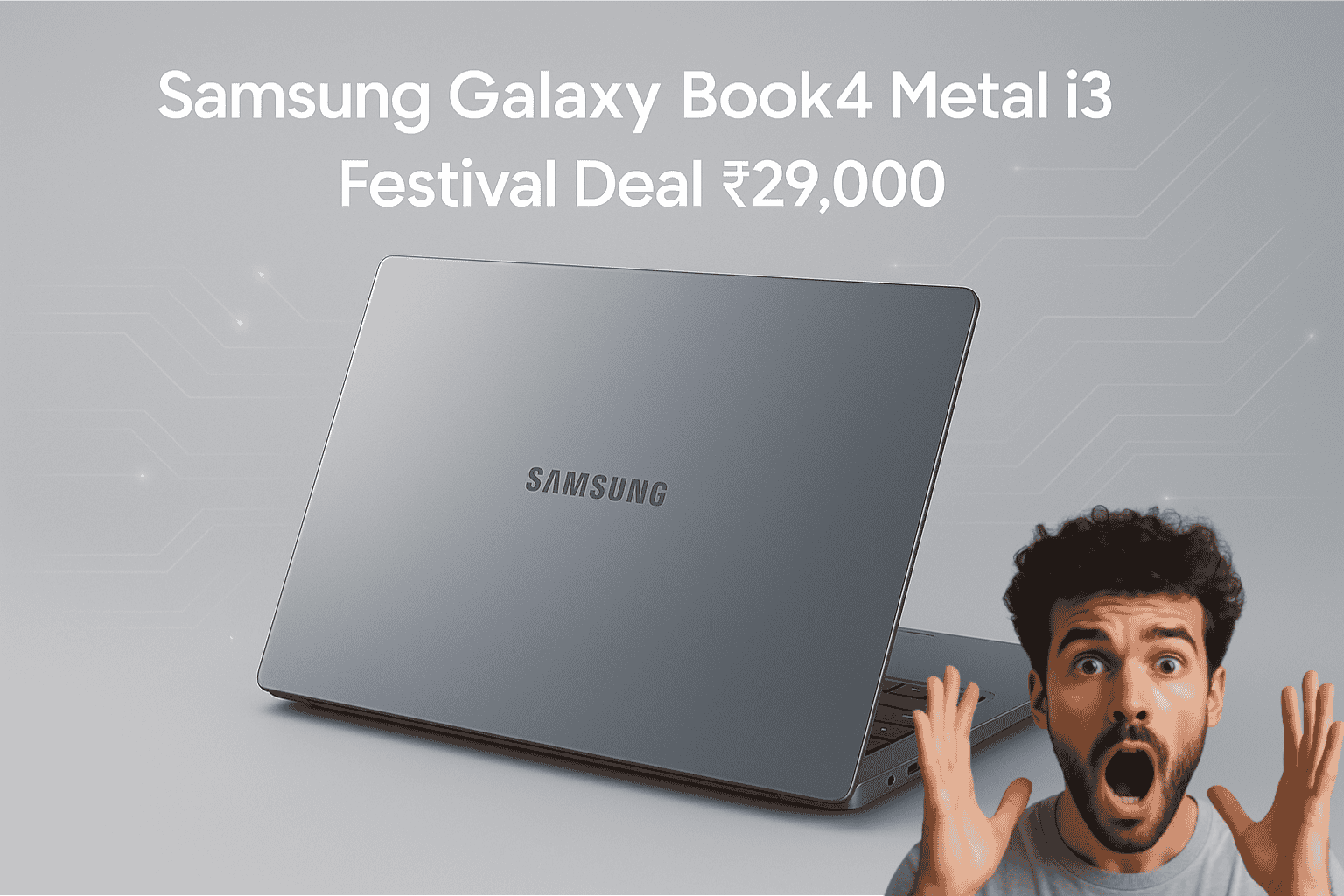₹1,00,000 hits a practical sweet spot: you can get an RTX 4050/4060 or even an 8GB RTX 4060 configuration Laptops, paired with modern Intel or AMD mobile chips, 16GB RAM, and at least a 512GB SSD.
That combination lets you hit high frame rates in esports titles (CS:GO, Valorant, Rocket League) and respectable settings in AAA games (Cyberpunk-like titles) without paying flagship tax. Also, brands are increasingly making these models upgrade-friendly — so you can add RAM or a bigger NVMe later.
Our top picks (real models, real prices you can find now)

The ASUS TUF Gaming A16 is a mid-to-high end gaming laptop built for both performance and durability.
It has a powerful Ryzen 9 HX-series processor (16 cores) and pairs it with a discrete NVIDIA RTX 4070 or RTX 4060 GPU, giving it very strong capability in modern AAA games. The 16-inch display offers high refresh rates (up to 165 Hz) and good resolution choices (FHD+ or QHD+), making it good for smooth gameplay and decent viewing clarity.
With dual DDR5 memory slots and dual PCIe Gen4 SSD support, it’s upgrade-friendly. The inclusion of a 90 Wh battery adds good runtime (for a gaming laptop). Its chassis is built to meet military standards, so it withstands heavier usage.
Overall, it’s a very good well-balanced gaming machine for users who want performance in mid range price. ASUS often lists aggressive eShop sale prices that push some configurations under ₹90k during promotions.

The Acer Nitro V and Nitro 16 are built for gamers who want very good performance without overspending. The Nitro V falls under affordability, while the Nitro 16 brings a larger 16-inch 165 Hz display for smoother visuals.
Depending on the model, you’ll find either AMD Ryzen 7 7840HS or Intel’s latest 14th Gen HX processors, paired with NVIDIA’s RTX 4050 or 4060 graphics. This combo makes them a good choice for modern AAA games and competitive games.
Both machines come with DDR5 RAM support (usually 16 GB out of the box, expandable), fast PCIe Gen4 SSDs, and dual-fan cooling systems to keep performance steady during long sessions of gaming. The design is practical, with a good build, plenty of ports, and a backlit keyboard.
As for price, the Nitro 16 (Ryzen 7 + RTX 4060) sells around ₹1,20,790, while the Nitro V series starts at ₹78,990, Which makes easier for gamers who are looking to stretch their budget.
Also read: Lenovo Legion 10 Series: Game-Changer or Just Another Gaming Laptop?

If your day-to-day involves productivity, creative tools, maybe occasional gaming or video editing, VenturePro is your friend. It leans toward a balanced, “do-it-all” approach with newer Intel Ultra chips, GPU assist, good displays, and versatile connectivity.
Katana, on the other hand, is uncompromising about gaming: faster GPUs in “tougher” thermal setups, with designs and chassis tuned for pure performance.
The price ranges reflect focuses: Venture Pro models (like the 15 AI) go for around ₹1,06,990 in India, while Katana focuses on gaming-centric specs (e.g. i7 + RTX 4050) can start near ₹94,899.

The Asus Gaming V16 focuses at gamers who want something powerful but still it should be practical enough for day-to-day use.
It has a 16-inch WUXGA screen with a 144 Hz refresh rate, so whether you’re playing games or just streaming shows, visuals look sharp and smooth, Asus offers the latest 14th Gen Intel chips like the Core 5 210H and Core 7 240H.
Pair that with NVIDIA’s RTX 40-series GPUs — the RTX 4050 on the base model or a stronger 4060 on higher trims — and you’ve got more than enough power for modern games and tasks like editing or rendering.
Memory and storage aren’t a bottleneck either: 16 GB of DDR5 RAM comes standard, with upgrade options, plus speedy PCIe 4.0 SSDs for fast load times.
Cooling is handled by Asus’s dual-fan IceCool system. In India, prices start near ₹76,890 and climb to about ₹1,14,990, depending on configuration.

Gaming’s serious business for Legion. Lenovo built the Legion series to punch above its weight — powerful guts, good thermals, and a gamer’s sensibility in design.
Whether you go for a Lenovo Legion 5 Gen 10 or one of the Pro lines, you get high-end CPUs (Intel HX or AMD Ryzen HX), generous GPU options (RTX 40-series or higher), and memory + SSD flexibility.
Most Lenovo Legion models come with either a 15.6-inch or a 16-inch display, and they’re not just size you get fast refresh rates, solid colour accuracy, and slim bezels that make the screen feel bit bigger.
You can expand with two SSD slots and two RAM slots, so in future upgrades are easy. Cooling is also another area where Legion tends to stands out: the laptops uses multiple heat pipes and even vapor chamber designs on higher models, which helps them stay stable during long gaming or video rendering sessions.
The non-Pro Legion models for example, Legion 5 with i7 + RTX 4060—is priced approximately around ₹1,15,490.
Legion laptops belong in the hands of serious gamers: you get power and thermal headroom in a package that backs it all up.
Also read: MacBook Air M4 vs MacBook Pro M4 — which one should you buy?
How We tested
When recommending, I focused on real configurations available in India in 2025 (retailer and brand listings), checked typical price bands, and prioritized:
- GPU (RTX 4050/4060 or equivalent)
- CPU generation (modern Intel 13/14th gen or AMD Ryzen 6000/7000 mobile class)
- 16GB RAM (or easy upgrade path)
- Thermal design and battery expectations
Sources included brand microsites and Indian gadget comparison sites — always verify the exact SKU before buying.
Final thoughts & checklist before you buy
Confirm the exact SKU (model number) and the GPU TGP in the specs. Two laptops with the same GPU name can behave very differently.
If you game mostly unplugged, don’t expect flagship battery life — gaming laptops still need to be plugged in for peak performance.
Hunt festival sales (Great Indian Festival / Diwali) and manufacturer eShop deals — many of the picks above fall beneath ₹1L during promos.

